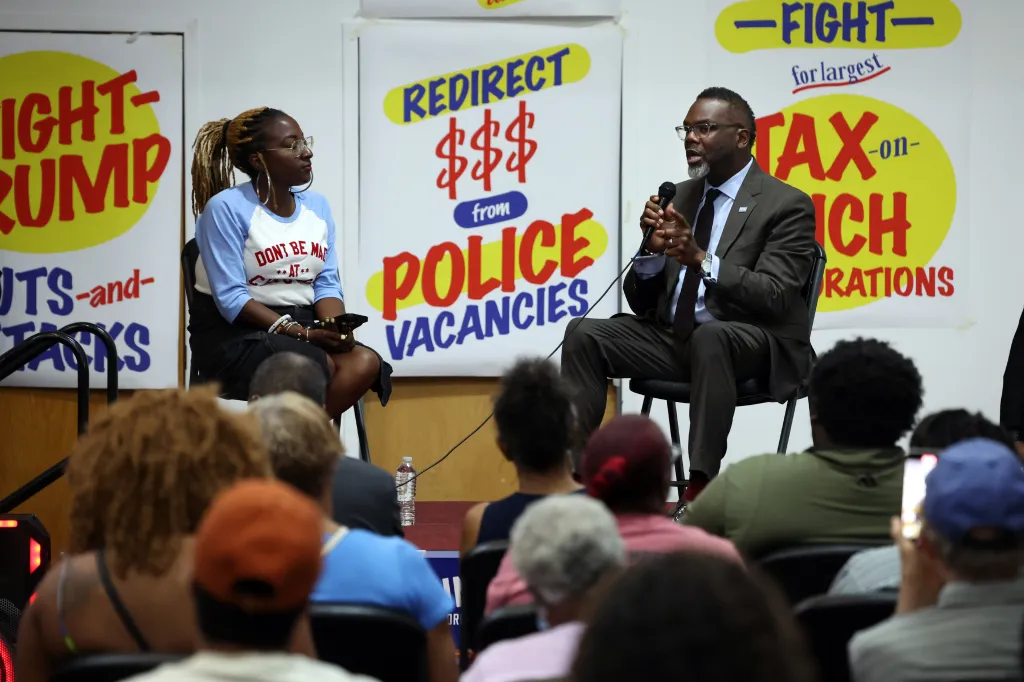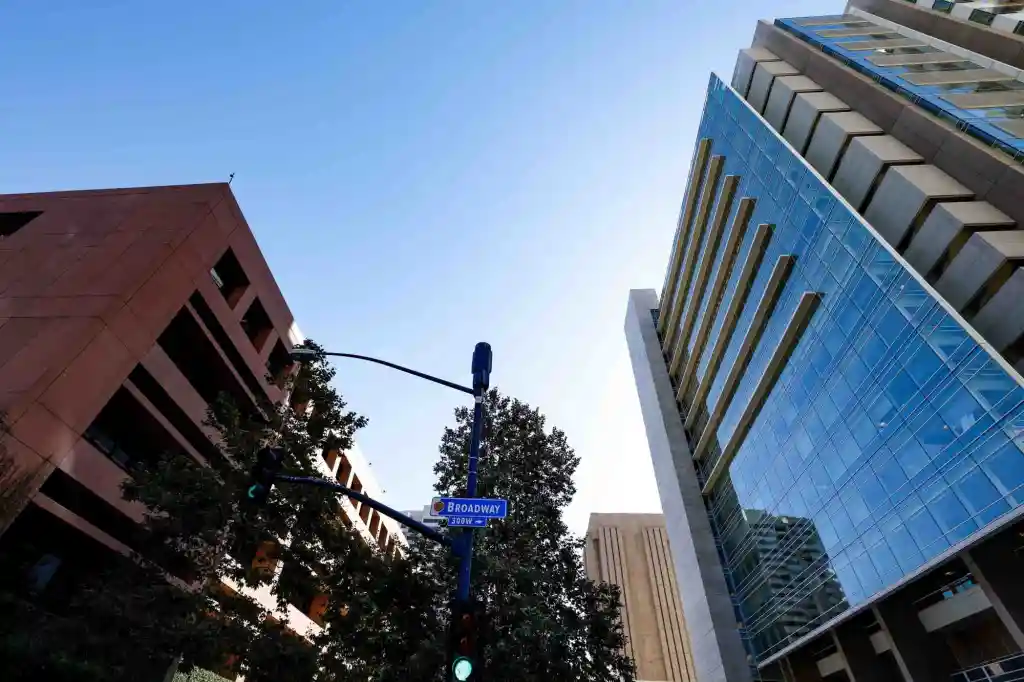
Mayor Brandon Johnson’s budget task force predictably recommended a menu of new taxes to close Chicago’s massive budget deficit. The group’s report identified options to raise as much as $1.65 billion annually through higher taxes, fees and fines.
Among these are the automatic indexing of property taxes as well as other taxes and fees to inflation, which would effectively allow taxes to increase every year without a City Council vote. Rationalization came in the form of an argument that certain taxes, fees and fines haven’t been updated since the 1990s and should have been pegged to inflation all along. But automatic tax indexing limits accountability and debate and is taxation without representation.
The proposals also resurrect a regressive corporate head tax that penalizes businesses based on the number of employees they have. Chicago’s business community, which has endured higher commercial property taxes than that of any other major city in America; long COVID-19 shutdowns; costly new mandates such as eliminating the subminimum wage; and expanded paid leave requirements, now faces the threat of further financial punishment.
While the task force gestures toward spending cuts, projected savings range from $372 million to $455 million — primarily from unfilled vacancies, furloughs and benefit cuts. Furloughs and benefits cuts would require renegotiating collective bargaining agreements, which is politically improbable. Moreover, history has shown that freezing police hiring — as prior Mayors Richard M. Daley, Rahm Emanuel and Lori Lightfoot did — would only worsen public safety while increasing overtime costs, which would negate any real savings.
The truth is these proposals do not address Chicago’s structural spending problem. They offer temporary patches while sidestepping the urgent need for reform in city and school district finances.
Real fiscal responsibility requires systemic change. This requires at minimum the following:
Institute zero-based budgeting across all city departments and agencies, including Chicago Public Schools and the CTA, requiring every expense to be justified annually.
Eliminate expenditures financed with one-time COVID-19 funds and tax-increment financing surpluses.
Scrutinize and modernize procurement processes; nonpersonnel spending has grown by nearly $3.3 billion since 2019, a growth rate that must be reined in.
Makes sure city departments are collecting all possible reimbursements.
Launch a class-action lawsuit to challenge the disastrous parking meter deal, through which the private leaseholder has already recouped its initial payment, with almost six decades left on the lease.
Consolidate pension fund investments under an independent pension investment board to significantly improve returns and remove politics from investment decisions.
Conduct a systemic review of public safety investments and reduce the massive overtime, using the savings to restore sworn officer strength.
It is also critical the city develop a litigation strategy to combat lawsuits that have cost the city billions. This would include creating a dedicated litigation unit within the city Law Department to largely replace private law firms, while seeking state caps on lawsuits as other states have done.
Chicago’s financial future cannot be stabilized without addressing the crisis at CPS. With a $10 billion budget, only half of CPS funding reaches classrooms. The district must be radically decentralized, underenrolled schools closed or consolidated, and school choice expanded to increase student enrollment. These measures would enable the district to balance its budget while improving access to quality schools while phasing out city school subsidies. CPS should fund its core expenses borne by the city with its TIF surplus.
At the state level, Illinois must fix the inequity between the Chicago Teachers’ Pension Fund (CTPF) and the Teachers’ Retirement System (TRS). In 2024, the state is projected to cover only 32% of CTPF employer contributions — $323 million — while covering 98% of TRS employer contributions. Equitable funding would allow the city to shift the CTPF property tax levy to fund city municipal pensions while freeing up more than $170 million annually in CPS revenues.
In all, these actions could free up close to $1 billion in school district subsidies for the city to balance its own budget. This should be accompanied by creation of an independent, well-resourced City Council Office of Budget and Management empowered to analyze the finances of the city and the government entities it controls. Coupled with a Truth in Budgeting Ordinance, this would guarantee the transparency and accountability that have been sorely lacking.
Chicago doesn’t have a revenue problem. It has a spending problem. Without serious reform, layering new taxes on already-overburdened residents and businesses will only accelerate the city’s decline. Chicago’s future depends on systemic change, accountability and a commitment to fiscal discipline.
Paul Vallas is an adviser for the Illinois Policy Institute. He ran against Brandon Johnson for Chicago mayor in 2023 and was previously budget director for the city and CEO of Chicago Public Schools.



